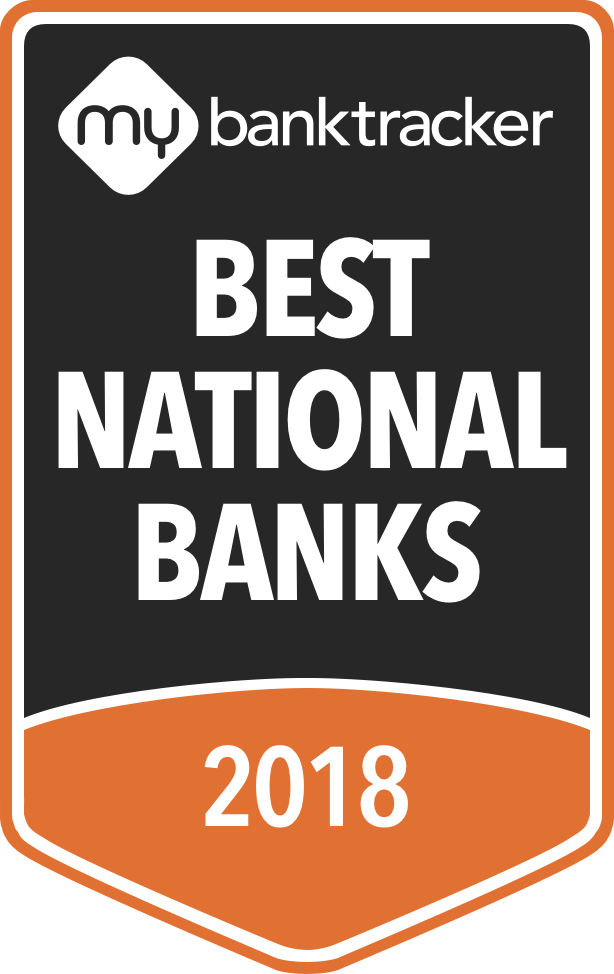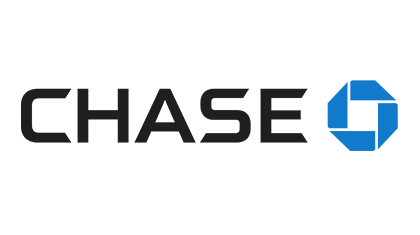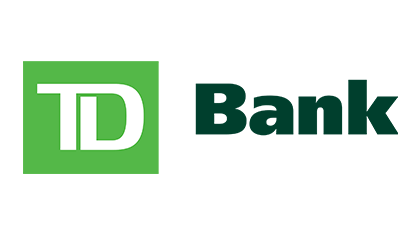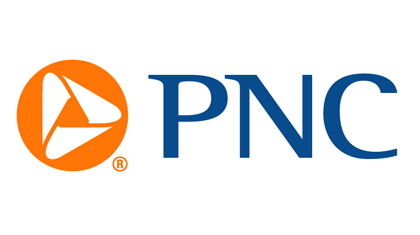National vs. Community Banks: What to Consider?
Both big and small banks provide the same essential services of holding your money and allowing you to incur interest through various savings accounts; however, in other areas, some of the differences are stark.
1. Convenience
This is a prime factor to think about when deciding on a bank. Big banks have the advantage here because they have many locations, nationwide and worldwide.
Some of them, for instance, have “sister banks” in other countries where you can withdraw money without racking up ATM fees. If you are a student, this aspect is not to be taken lightly, since you will likely be traveling between home, school, and other various places.
On the flip side, if you are established and settled in a small town or city, a community bank may be more convenient. The bank will be well known by others in your neighborhood and will be able to provide you with friendlier customer support.
Community banks and online banks also tend to have lower fees on checking accounts than bigger banks, which is a great trade-off.
2. Getting personal
As mentioned, community banks tend to offer better personal customer service.
For example, community members sit on the board of directors of these banks and act with the community’s best interest in mind.
If you or someone in the community wants to take out a mortgage to buy a house, or want a loan for a community garden, there is room for conversation when it comes to fees.
Big banks, on the other hand, are standard across the board and tend to be much more inflexible in terms of negotiating loan fees, overdraft fees, etc.
Furthermore, most big banks have cut back on providing their customers with access to bank tellers for regular transactions such as deposits and withdrawals.
In evaluating which banking experience is better for you, think about your preferences.
For example, if you're content mainly interacting with machines, then the lack of face time won’t affect you much.
3. Deposit rates
Compared to big banks, community banks are likely to offer higher rates on savings, certificates of deposit (CDs), and interest checking accounts.
However, these rates may not be as high as online banks because they do not have to deal with the costs of operating physical branches.
Community banks are also more likely to offer rewards checking accounts, which are interest-bearing accounts with the certain requirements to earn an attractive rate.
4. Serving local businesses
Are you looking to start up a small business?
The primary lenders to farmers and small businesses are community banks. This lending relationship goes all the way back to the beginning of banking in the United States.
Many community banks are small businesses themselves, and as such are more understanding of the needs of those who live in places where farms and small businesses flourish.
Don't be surprised that small-business loans through community banks come with lower interest rates.
These are just some of the many aspects of banking to consider when deciding between a large or small institution.
If you're not sure whether a big bank or a community bank fits your financial habits, consider trying both out (make sure that you'll be able to avoid any fees).
When you're confident that you'll be able to stick with one bank, then close the accounts at the other bank.
You might also like to read:
Is a Credit Union Better than a Traditional Bank?





disqus_qMBW1MVyQJ
Monday, 06 Aug 2023 12:56 PM
disqus_GPolRTAQe1
Tuesday, 13 Mar 2023 1:43 PM